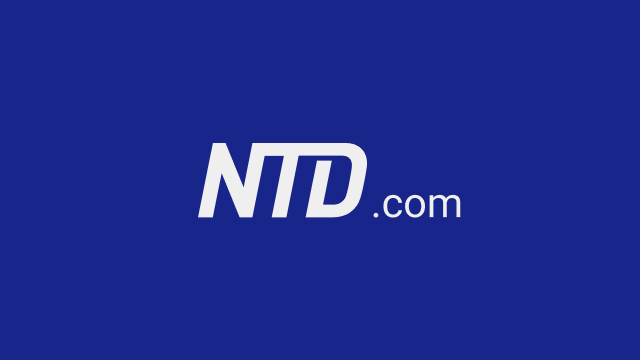Measles has been officially declared to have been eliminated from the Americas. The welcome joint announcement by both the Pan American Health Organization (PAHO) and the World Health Organization (WHO) still means that the virus exists in the wild in other parts of the globe, but it’s a testament to the unfathomable hard work of medical professionals and researchers that two entire continents are measles-free.
Most common among young children, measles causes cold-like symptoms, photosensitivity, fevers, and blotchy rashes. Make no mistake, though – this virus doesn’t just cause merely unpleasant bouts of illness. It can kill, and poorly nourished children in parts of Africa and Asia with weak immune systems are particularly vulnerable. Even if they don’t die, they can go blind.
After the success of eradicating smallpox from the planet, researchers quickly began to target measles (and rubella) for complete annihilation, among other diseases. In fact, measles is the fifth vaccine-preventable disease to be eliminated from the Americas, after smallpox (1971), polio (1994), rubella and congenital rubella syndrome (2015).
“This is a historic day for our region and indeed the world,” PAHO/WHO Director Carissa Etienne told a gathering of experts in Washington DC on September 27.
“It is proof of the remarkable success that can be achieved when countries work together in solidarity towards a common goal. It is the result of a commitment made more than two decades ago, in 1994, when the countries of the Americas pledged to end measles circulation by the turn of the 21st century.”
Under the WHO’s Global Vaccine Action Plan, measles will be wiped out by 2020 everywhere except Southeast Asia. Without a doubt, humanity is winning the fight against this particular virus. The last homegrown outbreak was way back in 2002 in Venezuela.
The WHO note that nowadays, four out of five children worldwide receive a basic set of vaccinations in infancy, and the wonderful consequences of this are clear to see. Just back in the year 2000, there were over half a million measles-related deaths – in 2013, 146,000 people lost their lives.
Remarkably, in 1980 – prior to mass vaccination – 2.6 million people died from the disease every single year. Compared to today, that’s a reduction of 1,781 percent.

Still, over 20 million people contract the disease every single year. Much of this is to do with the fact that reaching so many communities and ensuring everyone receives the vaccine, which has been around since the 1960s, is fairly difficult. However, a recent surge in anti-vaxxers is putting all this at risk.
It shouldn’t need to be underlined just how safe vaccines are. No, they do not cause autism. Thanks to a small number of overly conservative people on the right of the political spectrum, and a bunch of far-left irrationalists who stay away from most modern medicine, there have been fresh outbreaks across the developed world.
From January 2 to September 10 this year, 54 people across 16 states, including New York, Hawaii, Florida and Arizona, contracted measles. In 2014, the US had a record-breaking 667 cases across 27 states.
Measles had actually officially been eliminated in the US in 2000, and it turns out the majority of new cases were people who were unvaccinated. It’s likely that the new cases sprung up from infected travelers bringing the virus to the US from other nations.
It is completely irresponsible to not have yourself or your children vaccinated. Not doing so is a phenomenally reckless act that could endanger not only the people around you, but global efforts to destroy the virus once and for all.

Source: iflscience


